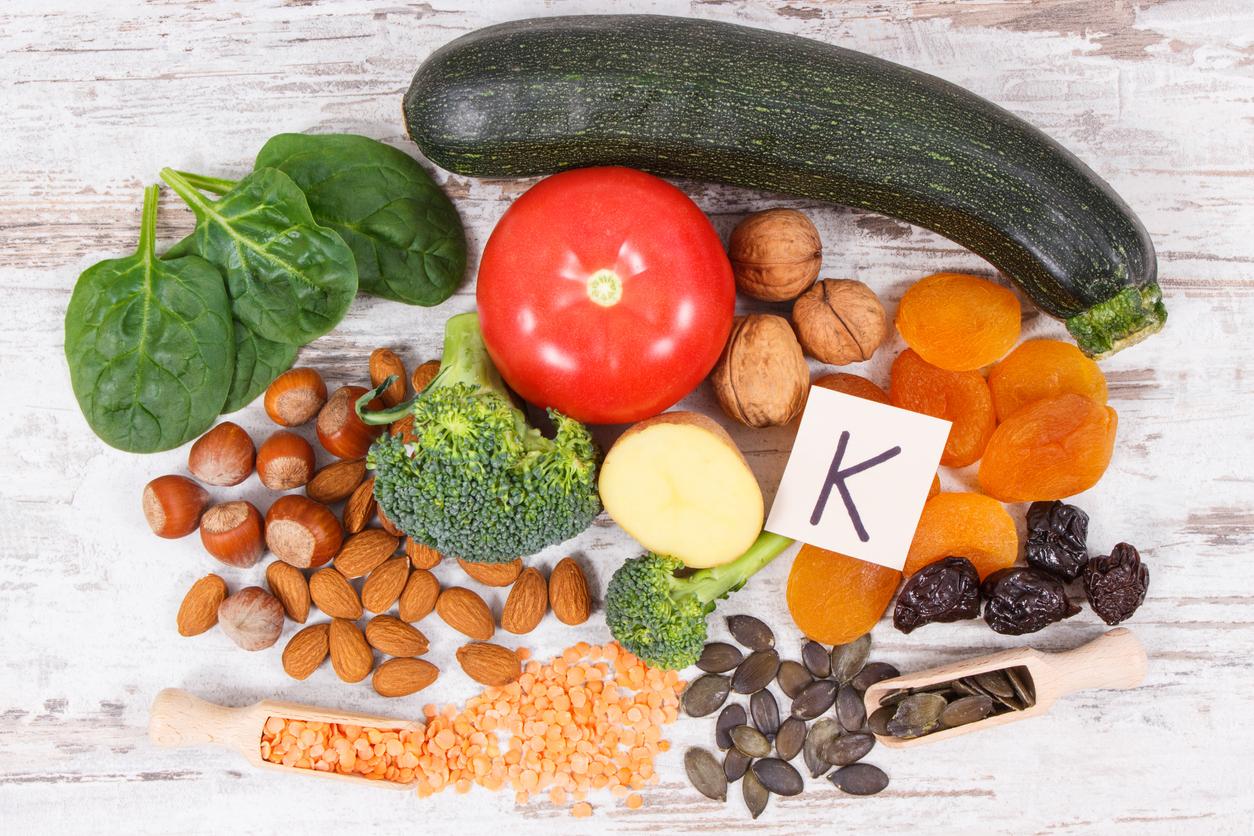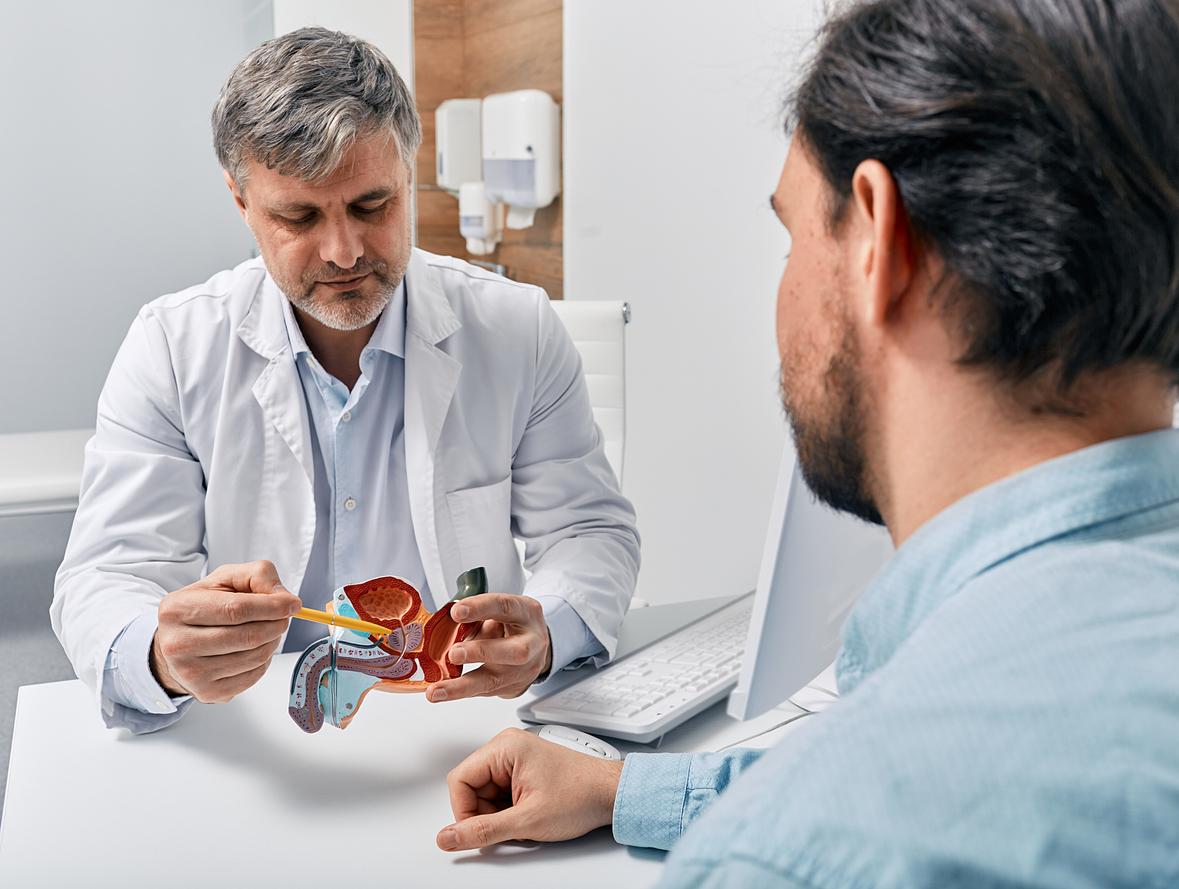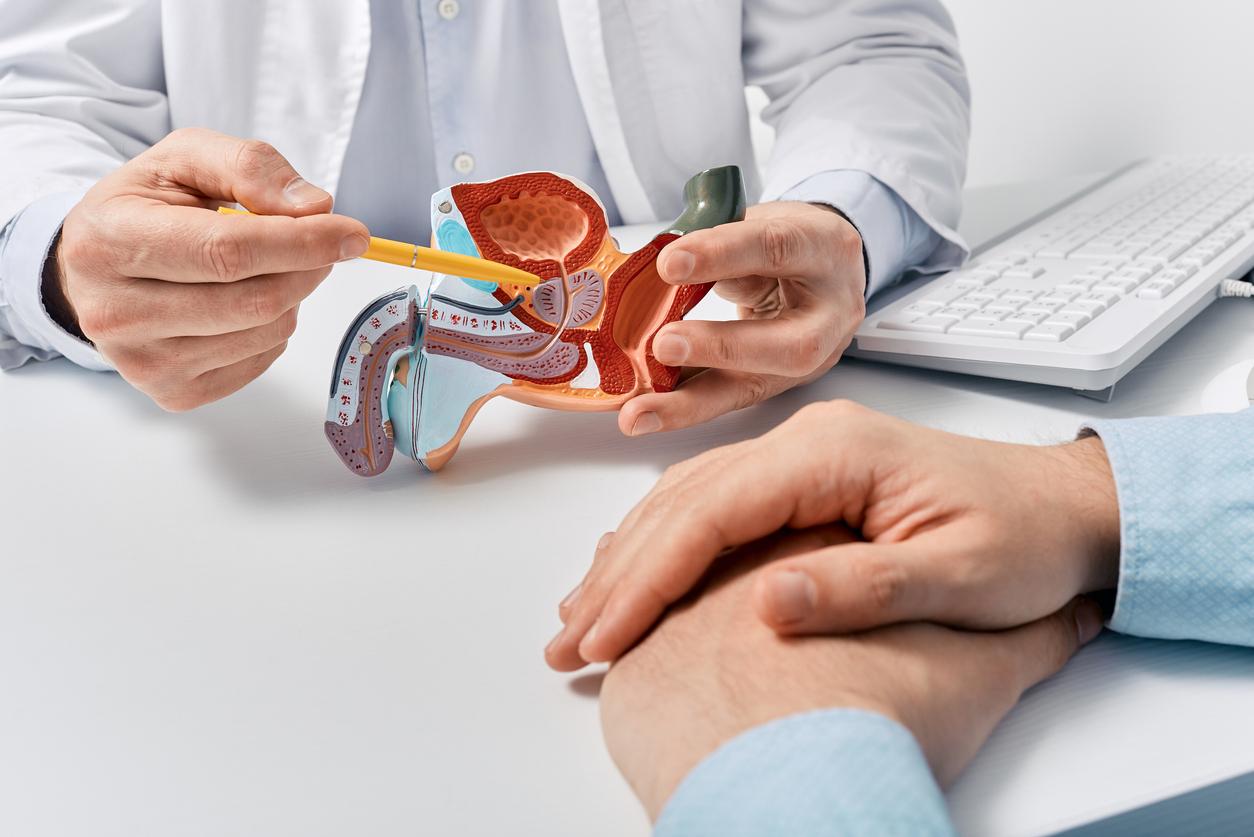Common gut bacteria may promote the growth of prostate cancers and make them more resistant to treatment.

- Researchers have identified favorable and unfavorable bacterial ‘fingerprints’ linked to prostate cancer outcome
- The results, once validated in the clinic, could offer new possibilities for the treatment of prostate cancer by manipulating the microbiome.
The most common cancer in men over 50, prostate cancer is most often treated with hormone therapy. But the presence of certain intestinal bacteria could weaken the effectiveness of this type of treatment, alert a recent research published in the journal Science. The cause ? Low levels of androgens in patients can promote the expansion of gut bacteria, which then proceed to create hormones that can lead to the growth of prostate cancer.
This link between the role of bacteria and the progression of this type of cancer was studied by a team of researchers from the London Cancer Research Institute, the Bellinzona Oncology Research Institute (Switzerland) and the Swiss Federal Institute of Technology Zurich. Scientists performed tests on mice with prostate cancer and found that eliminating all gut bacteria in rodents slowed tumor growth and delayed the onset of hormone resistance.
The study also demonstrated that transplanting feces from mice with hormone-resistant prostate cancer into low-androgen mice that had not yet developed resistance promoted tumor growth.
Manipulating the microbiome to better treat cancer
These observations were then transposed to humans: the researchers analyzed the intestinal bacteria of patients treated at the Royal Marsden NHS Foundation Trust (London). Of the patients studied, 19 of them had prostate cancer that was still responding to hormone therapy, while 55 had advanced hormone resistance.
The researchers incubated mini-tumors called organoids, derived from prostate cancer patients, with different gut bacteria and attempted to treat them in the lab. They were thus able to identify favorable and unfavorable bacterial “fingerprints” linked to prostate cancer outcome, which could help identify men who could benefit from strategies aimed at manipulating the microbiome.
The results, once validated in the clinic, could offer new possibilities for treating prostate cancer, the scientists believe. “The next step will be to explore how we apply these signatures in patients. (…) In the long term, our objective would be to produce a “yogurt” enriched with favorable bacteria in order to prevent resistance to treatments”, explain to the site MedicalXpress, Johann de Bono, Professor of Experimental Cancer Medicine at the Institute of Cancer Research, London.

.

















